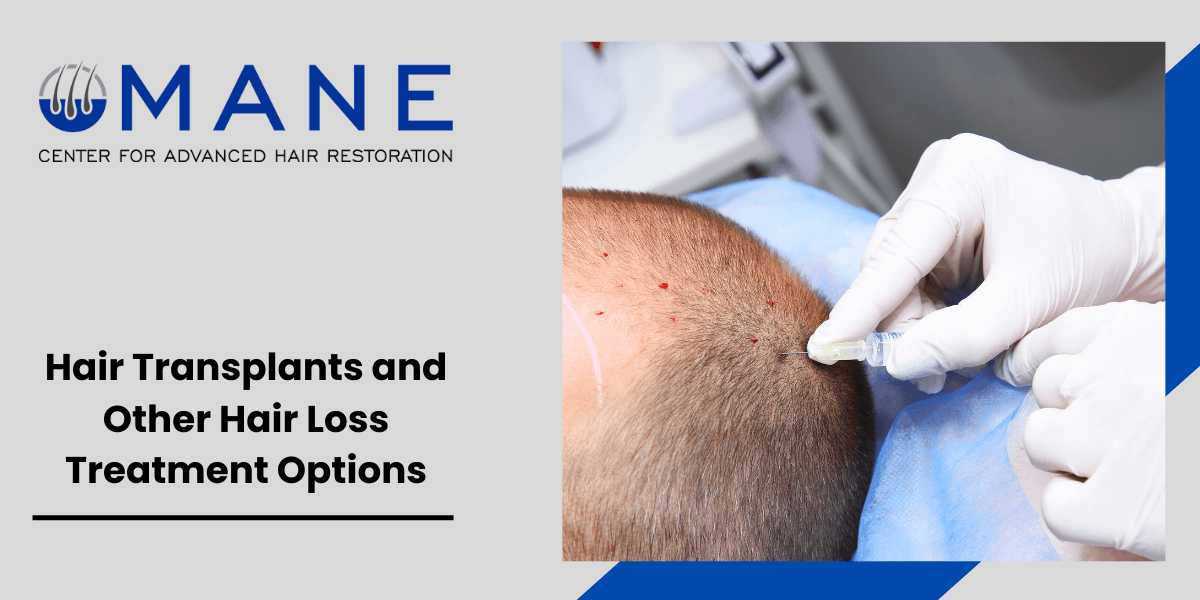


According to a report published by the American Academy of Dermatology, the most common cause of hair loss in the USA is a genetic condition called androgenetic alopecia, which affects around 80 million people in the country – 30 million women and 50 million men. However, there are other factors that lead to temporary or permanent hair loss, such as:
One of the ways to treat hair loss is hair transplant, which has become quite popular over the years. In this article, we aim to answer all your questions about hair transplants by discussing details about how the procedures work, the options available, and more. See Also: 10 Easy and Effective Hair Care Tips for Men
The hair transplant procedure involves taking hair follicles from an unaffected area called the donor site and transplanting them into the area with thinning hair. There are two ways of transplanting hair: FUE (follicular unit extraction) and FUT (follicular unit transplantation). Let us run you through the methods in brief.
Most patients prefer this procedure as it leaves minimal scarring. It takes around a few months for the new hair to grow. According to WebMD, most patients notice 60% of new hair within six to nine months.
This procedure leaves a little scarring since strips of tissues are taken from the donor area and grafted into the affected part of the scalp. Follicular units are extracted from the strips, and small cuts are then made in the scalp to graft them, which causes scarring. These are surgical procedures and would require you to undergo treatment sessions. The recovery time may range from two to five days. The transplanted hair will fall out within two to three weeks, but new hair will start growing within a few months. The risks involve scarring, bleeding, infection, and abnormal-looking new hair. However, when done under the guidance of an expert doctor, the risks are minimal. See Also: FUE vs. FUT: How Are These Hair Transplant Methods Different? Your hair transplant cost would depend on your requirements, meaning the number of transplants required, but it typically ranges between $4,000 - $15,000.
The above-mentioned hair transplant procedures are surgical methods. There are also non-surgical ways of treating thinning hair and balding as well. If you are hesitant about going under the knife and looking for a non-surgical treatment option for hair loss or balding, you can consider the following non-invasive hair loss solutions.
Here, blood is drawn from the patient (usually from the arms) and separated into platelet-rich plasma, platelet-poor plasma, and red blood cells. The platelet-rich plasma is then injected into the affected site to aid hair growth.
Uses tiny dots according to the hair color of the patient on the scalp to give the illusion of fuller hair.
Another very prevalent non-surgical hair restoration procedure among women. This procedure entails attaching micro-mini artificial hair extensions with natural hair follicles in the areas with thinning or no hair. If you are looking for trustworthy clinics to know your options and undergo hair transplantation in Chevy Chase, MD, consider contacting Dr. Douglas Burka at the Mane Center for Advanced Hair Restoration. With years of experience and expertise, Dr. Douglas Burka can help you regain your hair and confidence.